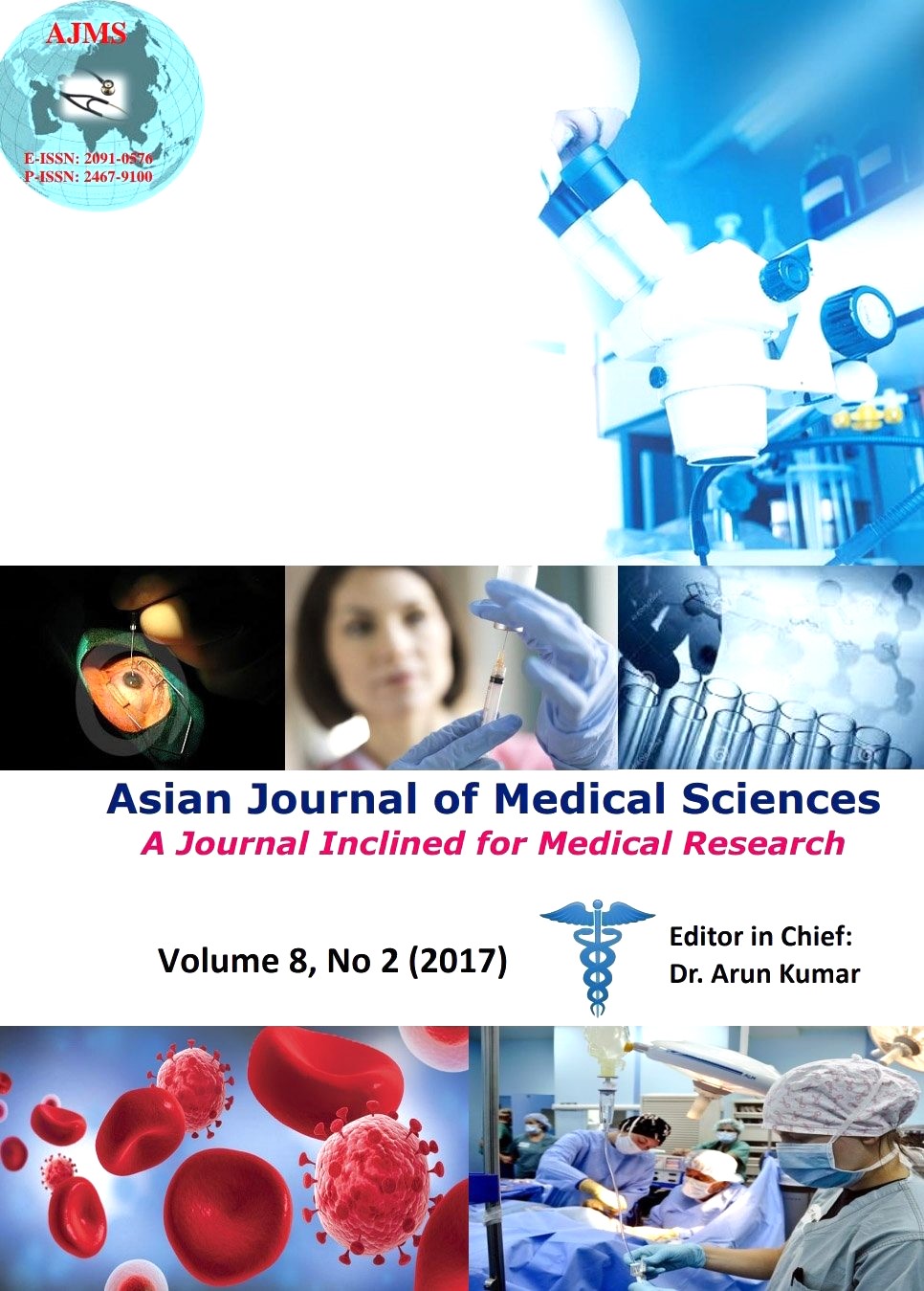Major histocompatibility complex and its importance towards controlling infection
Keywords:
Major Histocompatibility Complex, Immune response, Autoimmunity, Infectious diseasesAbstract
It is well documented that infectious pathogen burden and infected cell mass determine the clinical severity of infectious diseases, however, the ability of the host to recognize and process antigens to produce antibodies or the cellular immune response during infection could be under genetic control. The Major Histocompatibility Complex (MHC) or Human Leukocyte Antigen (HLA) system is the most intensively studied of all genetic systems because of its influence to many important traits, including resistance to infectious diseases, autoimmunity and immunological self or nonself compatibility. This is understandable in the light of the evolutionary pressure so that we are equipped to face the multitude of infectious challenges. Infectious diseases are a major selective pressure;and genes involved in the immune response are the most numerous and diverse in the human genome; reflecting the evolutionary advantages of a diverse immunological response to a wide range of infectious pathogens.
Asian Journal of Medical Sciences Vol.8(2) 2017 1-13
Downloads
Downloads
Published
How to Cite
Issue
Section
License
Authors who publish with this journal agree to the following terms:
- The journal holds copyright and publishes the work under a Creative Commons CC-BY-NC license that permits use, distribution and reprduction in any medium, provided the original work is properly cited and is not used for commercial purposes. The journal should be recognised as the original publisher of this work.
- Authors are able to enter into separate, additional contractual arrangements for the non-exclusive distribution of the journal's published version of the work (e.g., post it to an institutional repository or publish it in a book), with an acknowledgement of its initial publication in this journal.
- Authors are permitted and encouraged to post their work online (e.g., in institutional repositories or on their website) prior to and during the submission process, as it can lead to productive exchanges, as well as earlier and greater citation of published work (See The Effect of Open Access).




